Anglican Church of Canada bishops are fleeing their vocation faster than a dog runs from his own excrement. Privett joins bishops Michael Bird, Fred Hiltz, Colin Johnson, and Donald Phillips in their escape from the asylum.
Privett’s most recent accomplishment of note was to fire, for no particularly good reason that he was willing to identify, Jacob Worley, a conservative priest in the Diocese of Caledonia.
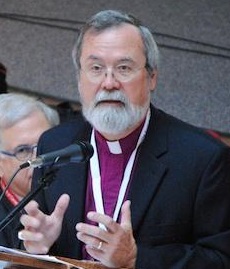 From here:
From here:
Dear Friends,
Many of you will know that in July, I was blessed to be able to take a 6 day silent retreat at St. Bueno’s Retreat Centre in Wales. It was for me a time of intentional discernment. During the course of that retreat it became clear to me that the time had come for me to retire from my ministry as Archbishop of the Ecclesiastical Province and as Bishop of Kootenay. The only question that remained was the timing of the announcement and my retirement. Before the summer was over, I knew that it would be this spring and had decided that I will retire as of May 31, 2018. I have informed the senior Bishop of the Province, Bishop Larry Robertson, the Provincial House of Bishops and our Diocesan Council of my intention.



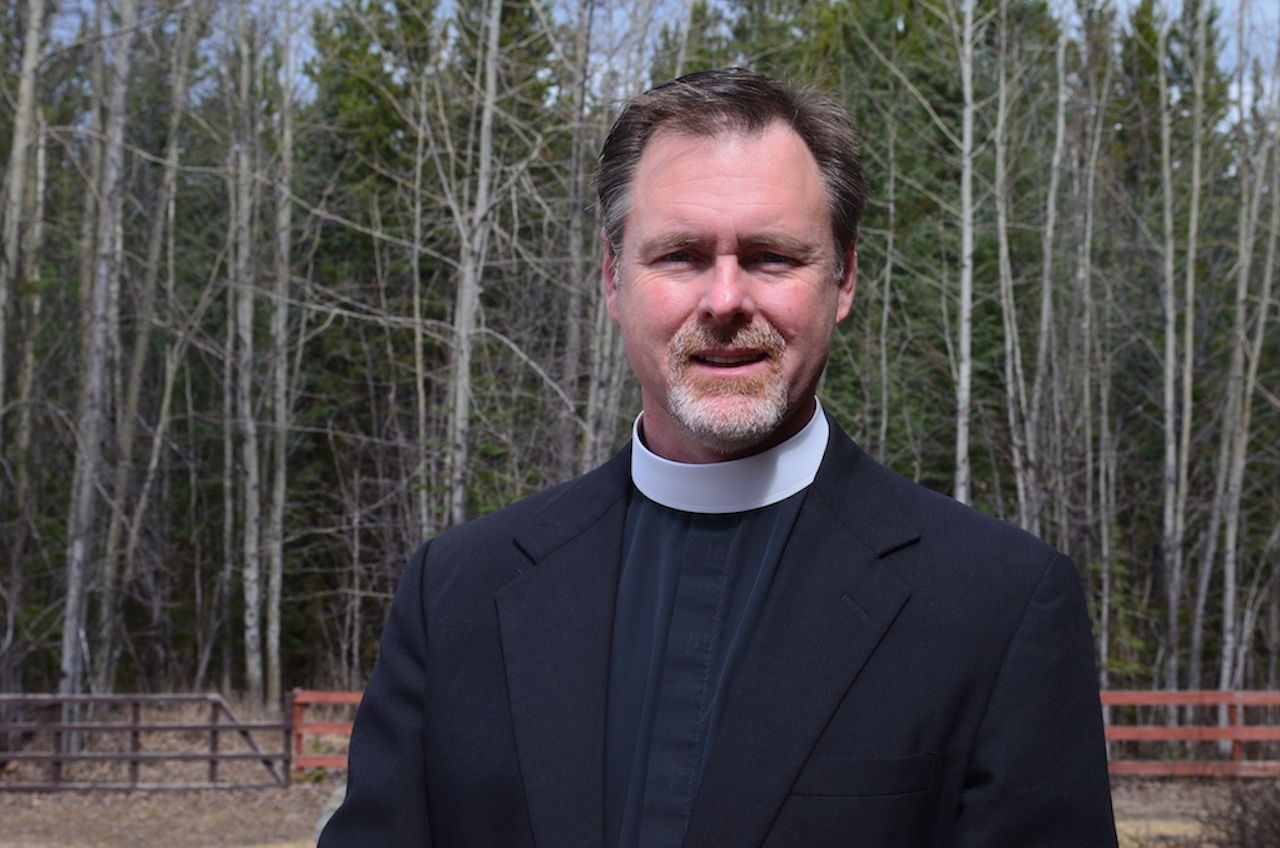 In a extraordinarily hypocritical
In a extraordinarily hypocritical 
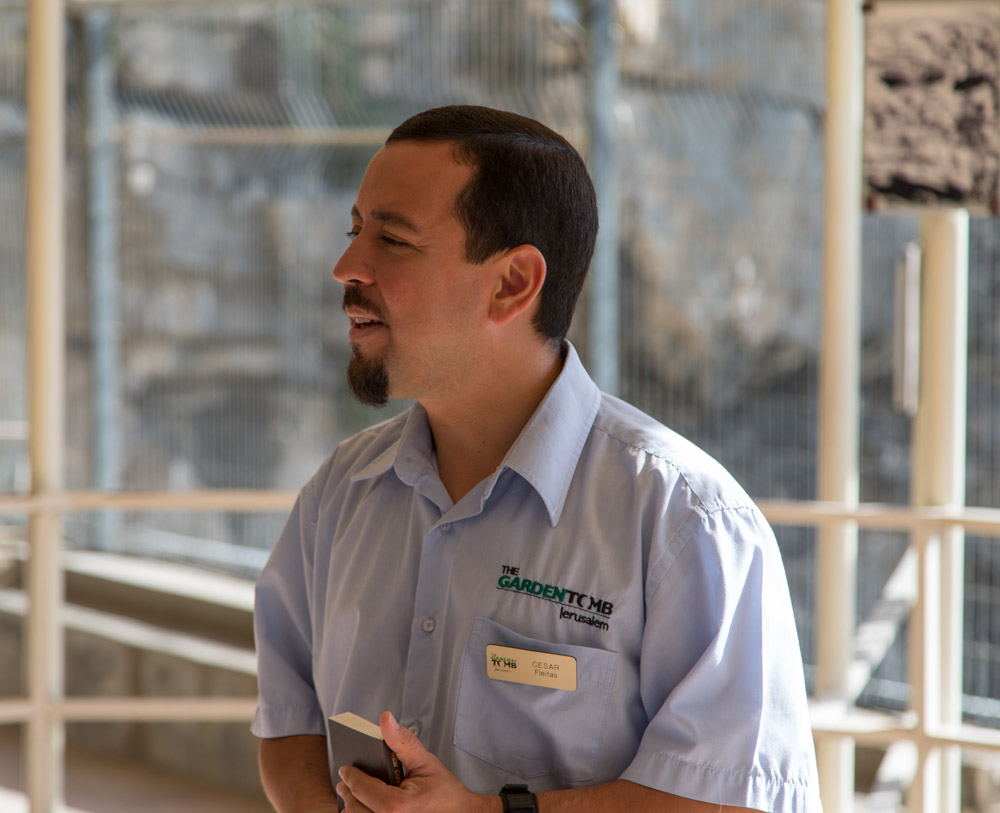
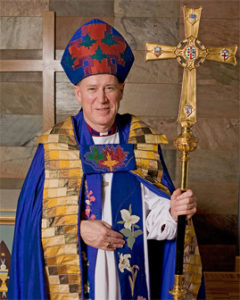 They are running out of money.
They are running out of money.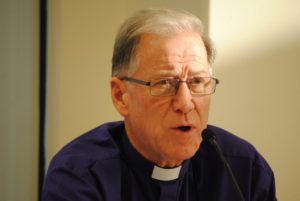 Hiltz made the comment in an address that began and ended by wondering what St. Paul might think of the church, what advice he might give it and how he might pray for it.
Hiltz made the comment in an address that began and ended by wondering what St. Paul might think of the church, what advice he might give it and how he might pray for it.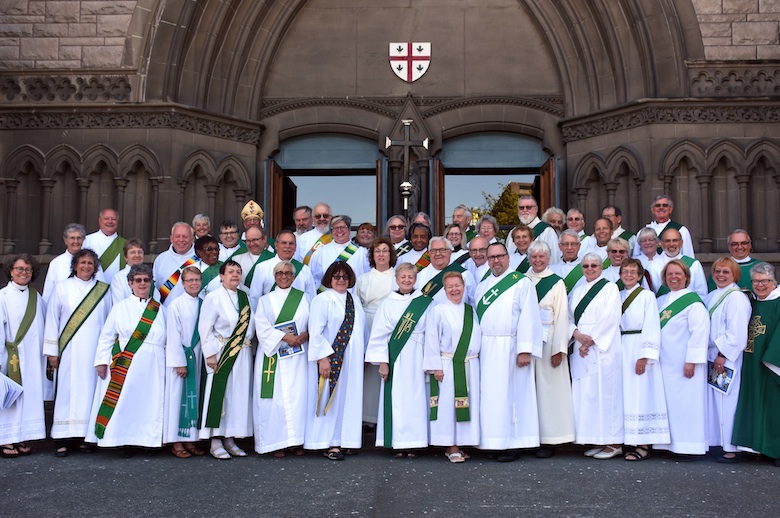 From
From 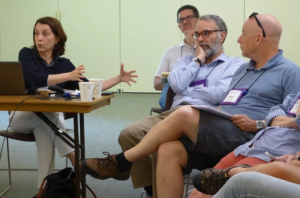 From
From